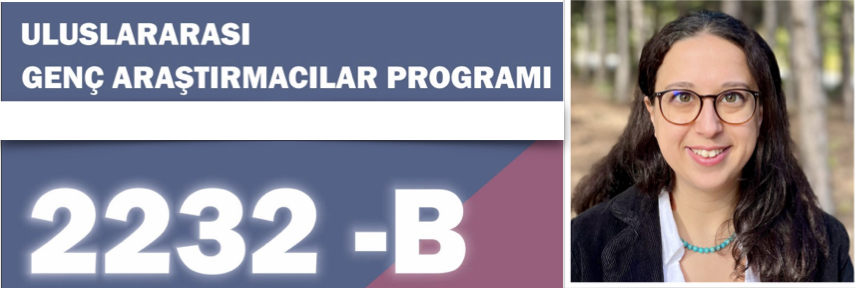
Assistant Professor Deniz Aybas Tumturk from the Physics Department has been selected for support within the scope of 2232-B International Young Researchers Program by TUBITAK for three years with a total budget of 4,905,000 TL with her project titled “Searching for new particles with laboratory-scale experiments using quantum magnetic sensors”. In this project, she will […]

